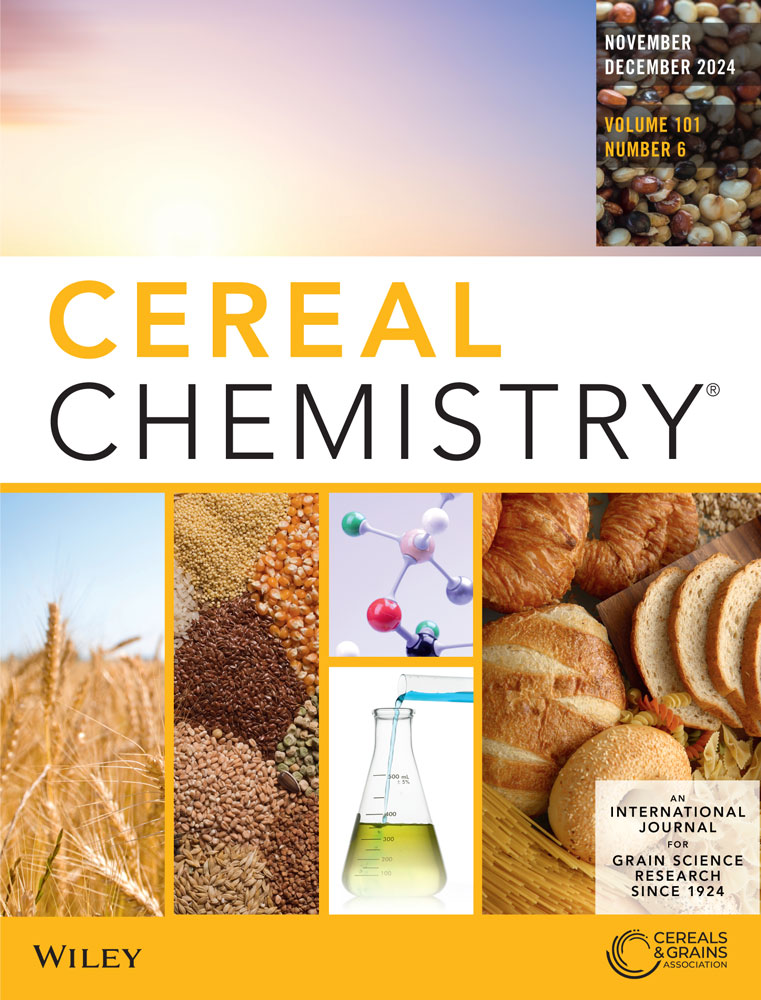Unraveling the role of δ-zeins in methionine bio-fortification of maize
Abstract
Background and Objectives
Maize is a major ingredient of animal feed. However, its nutritional quality is poor due to the deficiency of essential amino acid methionine. The animal feed, prepared as a corn–legume mixture to balance the nutritional quality, remains deficient in methionine. Therefore, the bio-fortification of maize for methionine is the best option to make nutritionally balanced animal and poultry feed. The present study was designed to evaluate the profile of zeins and the expression profile of methionine-associated target genes in high- and low-methionine maize.
Findings
Results of sodium dodecyl sulfate-polyacrylamide gel electrophoresis revealed that the 10-kDa zein was accumulated during kernel development, and its accumulation was higher in high methionine lines. Gene expression analysis through real-time polymerase chain reaction revealed that higher expression of 10- and 18-kDa zeins is associated with higher methionine accumulation.
Conclusions
The above results indicate that 10- and 18-kDa genes are the potential targets for the methionine bio-fortification in maize, which is required for animal and poultry feed.
Significance and Novelty
The present study suggests that 10- and 18-kDa genes are the major source of methionine, and the regulation of these genes is crucial to enhancing the methionine content in maize. The results indicate that these genes are potential targets for genetic engineering in maize to enhance methionine accumulation.

 求助内容:
求助内容: 应助结果提醒方式:
应助结果提醒方式:


